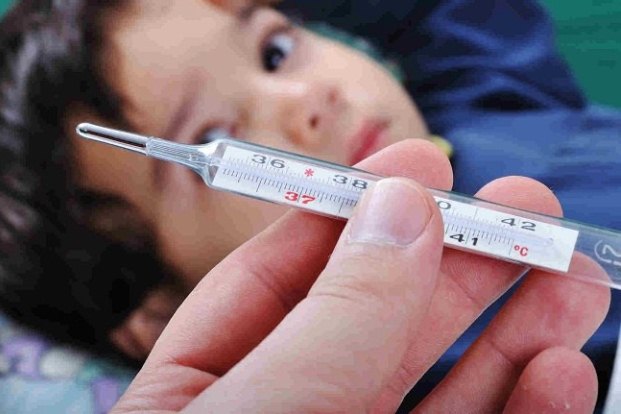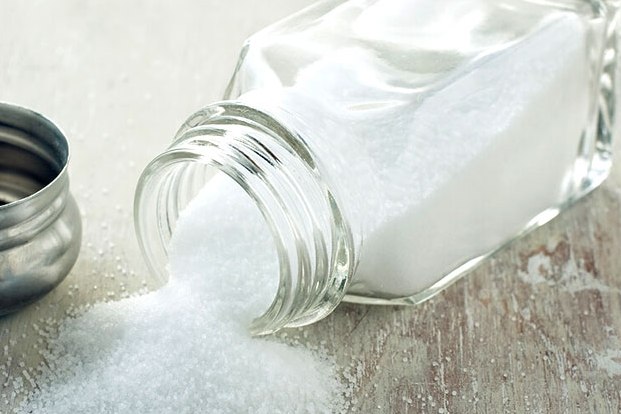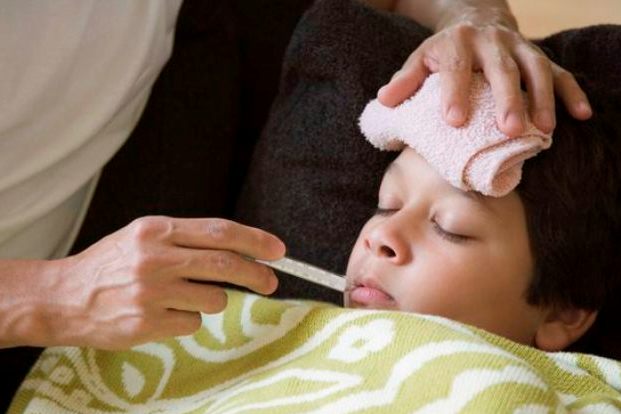Categories
- Bariatric Surgery (11)
- Black Fungus (5)
- Bone Marrow transplant (3)
- Brain Tumor Surgery Navigation Technology (20)
- Cardiac Surgery (66)
- Cardiology (97)
- Computer navigation technology for joint replacements (20)
- Covid Vaccination (17)
- Critical Care (2)
- Dental (19)
- Dermatology (31)
- Dialysis Support Group - “UTSAAH” (11)
- Dietitian (33)
- Emergency Medicine (4)
- Emotional Health (11)
- Endocrinology (33)
- ENT (20)
- Gastroenterology and GI Surgery (53)
- General and Laparoscopic Surgery (21)
- General Surgery (4)
- Gynecology & Obstetrics (183)
- Hematology (20)
- Internal Medicine (294)
- Kidney Transplant (50)
- Kidney Transplantation (20)
- Lung Cancer (8)
- Minimal Invasive Surgery (1)
- Mother & Child (20)
- mucormycosis (5)
- Nephrology (61)
- Neurology (147)
- Neurosurgery (68)
- Nutrition and Dietetics (107)
- Omicron Variant (1)
- Oncology (288)
- Ophthalmology (10)
- Orthopaedics & Joint Replacement (86)
- Paediatrics (59)
- Pediatric Nephrology (3)
- Physiotherapy (5)
- Plastic & Reconstructive Surgery (6)
- Psychiatry and Psychology (90)
- Psychologist (28)
- Pulmonology (72)
- Rheumatology (13)
- Spine Services (21)
- Transradial Angioplasty (16)
- Urology (84)
Query Form
Posted on Apr 19, 2022
Appetite loss - symptom of dengue?
Appetite loss may be a symptom of dengue. Dengue fever basically consists of high fever but amongst elderly patients, it might strike without fever at all and may be characterized with only appetite loss and weakness. People suffering from dengue fever often lose their appetites. This loss of fluid needs to be prevented urgently to prevent exacerbation of other symptoms. The infection is mild to moderate, and you may get relief from these symptoms in about 3 to 4 days at the most. Dengue fever is a painful debilitating mosquito-borne disease spread by any one of closely related dengue viruses. These viruses are related to the viruses that cause West Nile infection and yellow fever.

Symptoms of Dengue Fever :
Symptoms which manually begin 4 to 6 weeks days after infection and last for up to 10 days, may include
- High fever
- Severe headaches pain
- Pain with eyes
- Severe joint and muscle pain
- Fatigue
- Nausea
- Vomiting
- Skin rash, which appears two to five days after the onset of fever
- Mild bleeding (like a nosebleed, bleeding gums, or easy bruising)
Sometimes symptoms are mild and can be mistaken for those of the flu or another viral infection. Small children and people who have never had the infection before tend to have milder cases than older children and adults. It developed and create serious problems can develop. These include dengue hemorrhagic fever a rare complication characterized by high fever damage to lymph and blood vessels, bleeding from the nose and gums, enlargement of the liver and failure of the circulatory system. The symptoms may progress to massive bleeding shock, and death. This is known as dengue shock syndrome DSS. People with weakened immune systems as well as those with a second or subsequent dengue infection are believed to be at greater risk for developing dengue hemorrhagic fever.



